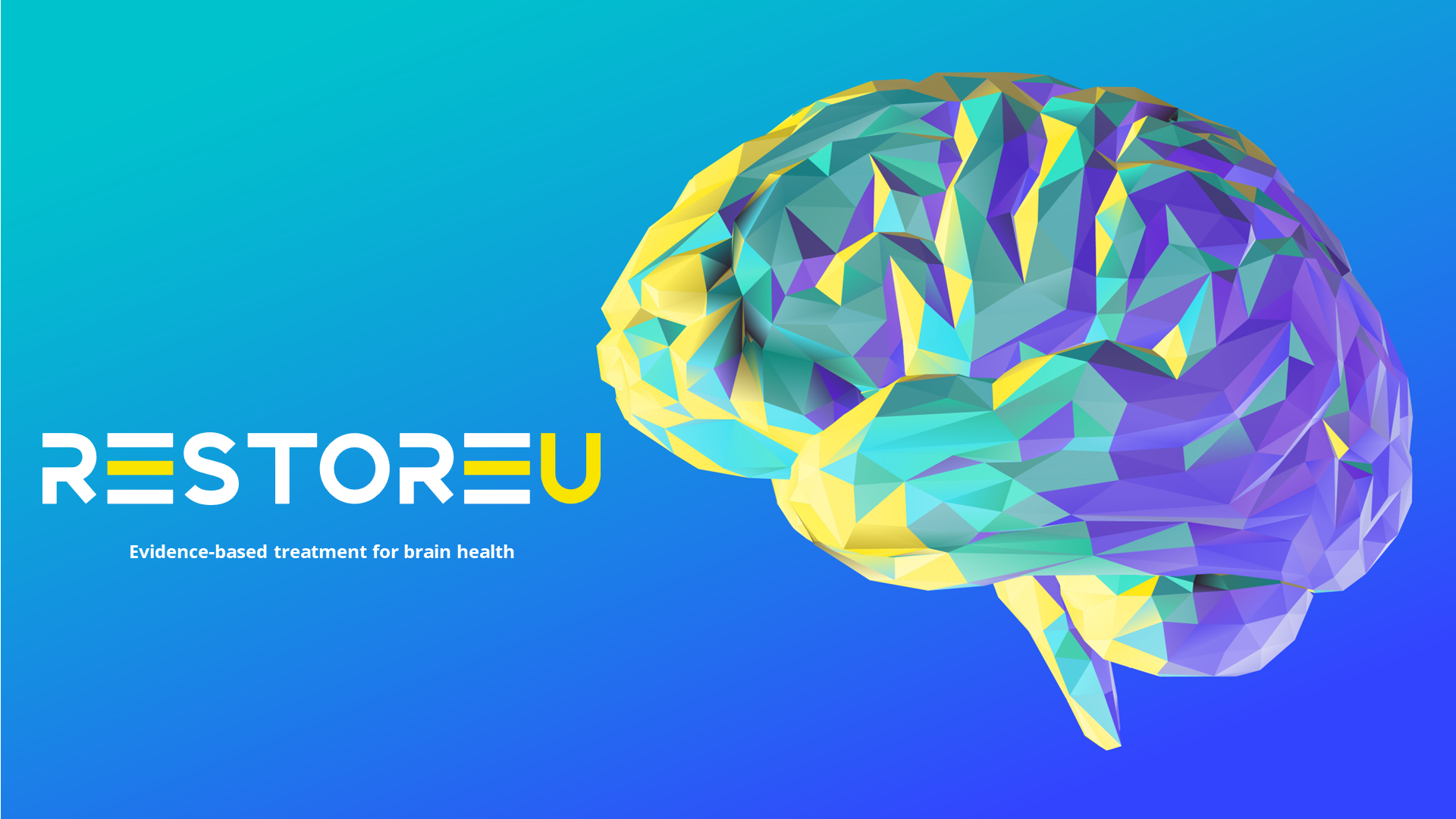
Studies Show Links Between Chronic Kidney Disease and Memory Loss, What Can You Do About It?
By Susan Pearsall
World Kidney Day has been observed in early March since 2006; in the US, March is National Kidney Month. Efforts to increase awareness of kidney health are timely, as chronic kidney disease (CKD) affected an estimated 37 million Americans in 2021.
Drugs prescribed for common illnesses can increase the risk or severity of CKD. This risk comes in addition to drug-to-drug interactions (DDIs) that might also exacerbate CKD. And unfortunately, CKD seems to be a significant driver of cognitive impairment and memory problems in senior adults.
Multiple studies have found a link between CKD and Alzheimer’s disease and related dementia (ADRD). For example, a follow-up analysis of cohort data from 6,050 older adults in the UK, published in January 2022 in Age and Aging, argued that “Poor and declining kidney function in older adults is associated with a higher risk of dementia that is not attributable to stroke, and persists after accounting for major cardiometabolic conditions.” Similarly, the authors of a 2021 study of medical data from 329,822 residents of Stockholm calculated that of the 18,983 dementia cases in their data set, more were caused by CKD than by cardiovascular disease and diabetes. They also noted that “Dementia incidence rates were progressively higher with lower estimated glomerular filtration rate (eGFR).”
The bidirectionality of vascular diseases and CKD partially explains the correlation with ADRD. But neurotoxins that failing kidneys leave behind are another possible explanation. Kidney disease frequently triggers systemic inflammation, which is also highly associated with ADRD. Another correlated condition is depression, also a driver of ADRD.
Annual testing for kidney health is especially important for people who have diabetes or who have been diagnosed with heart or vascular issues. But clinicians know that the eGFR test is suboptimal. When using better measures of kidney flow, they discover and diagnose renal disorders more frequently. Our data supports the NIH’s estimate that close to 90% of people who have CKD are unaware of it. The latest RestoreU analysis of 7,383 blood panels observed that 57% of these patients (4,214) have stage 3 CKD. When we correlated this statistic with clinician-reported data, we found that about 86% of these cases (3,661) were undiagnosed before the RestoreU care plan was generated.
In addition to the ability of RestoreU to help you detect and address CKD —possibly slowing the progression of MCI in the process—there’s more good news: Kidney failure is still avoidable, if we can help patients make the appropriate health changes.
For patients 65 and older, consider ordering the RestoreU cognitive panel to help pinpoint the treatable causes of ADRD, including CKD. When a RestoreU cognitive panel is ordered, a RestoreU care plan is included for each patient. The personalized care plan pinpoints all areas of concern and offers multi-domain treatment recommendations to address the unique set of factors impacting each patient.
For more information, contact a uMETHOD representative today.

